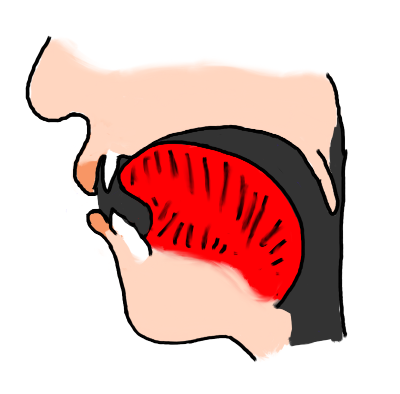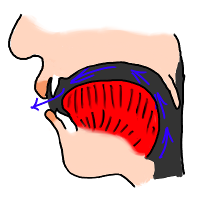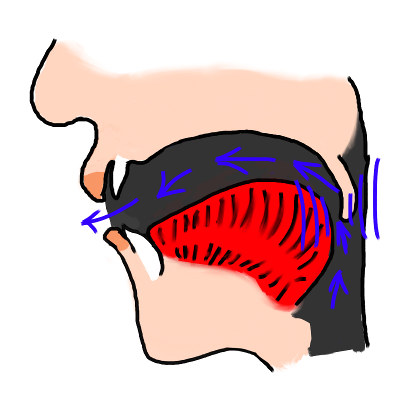How to pronounce livre
Do you find the information below useful? If you do, you can get guides like it for 1,000+ French words by downloading this app for your iPhone or iPad.
| l |  | The French 'l' is similar to the 'l' in English "with Lee". The tongue tip usually touches the back of the upper teeth. It is also a so-called "clear" l: in other words, you don't raise the back of your tongue as you pronounce the French 'l', as occurs in some cases in English. | |
| ə |  | The 'schwa' or 'neutral e' is pronounced with the tongue in a "central, relaxed" position and the mouth also in a 'half open, relaxed' position. Note that many French speakers actually tend to pronounce this vowel as a 'close eu' vowel (as occurs at the end of words ending in -euse), or at least with some rounding of the lips. | |
| l |  | The French 'l' is similar to the 'l' in English "with Lee". The tongue tip usually touches the back of the upper teeth. It is also a so-called "clear" l: in other words, you don't raise the back of your tongue as you pronounce the French 'l', as occurs in some cases in English. | |
| i |  | The French 'i' vowel is pronounced with the tongue almost as far forward and close to the roof of the mouth as it will go and with the lips spread. Aim to "tense" your lips for a moment as you pronounce it. | |
| v |  | The French 'v' sound is pronounced in a similar way to English 'v'. | |
| ʁ |  | The French 'r' is generally what is technically called a "uvular fricative". In simple language, that means you bring the back of your tongue close enough to the back of the mouth that it causes friction (the "raspy" sound that you hear) with the escaping air. | |
| ə |  | The 'schwa' or 'neutral e' is pronounced with the tongue in a "central, relaxed" position and the mouth also in a 'half open, relaxed' position. Note that many French speakers actually tend to pronounce this vowel as a 'close eu' vowel (as occurs at the end of words ending in -euse), or at least with some rounding of the lips. | Even though the word ends in -e in the spelling, notice how in the pronunciation, this vowel isn't "fully" pronounced. Instead, the syllable before it receives the stress. |